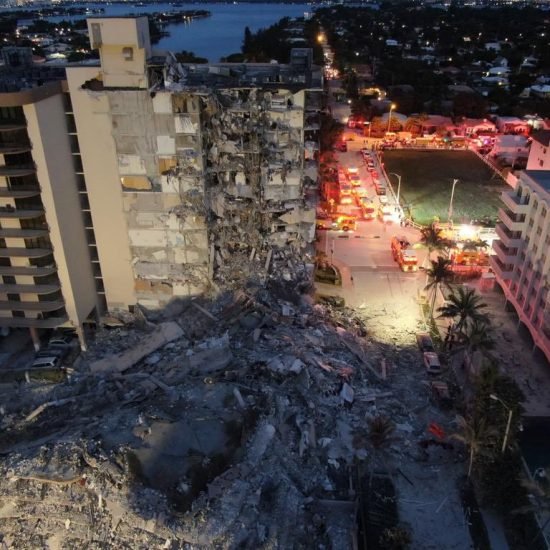
HOA Detective™ – April 18, 2025: Over the past 90 days, the HOA Detective blog has delved into critical issues affecting homeowner associations (HOAs) across the United States. With a growing audience of more than 1,500 readers now engaged, it’s imperative to revisit these topics, especially for those who joined our community of concerned real estate professionals and homeowners in recent months. This comprehensive recap underscores the urgent need for buyers and realtors to prioritize pre-purchase HOA due diligence when shopping for a home, or when representing a buyer or seller in a transaction.
From Garden Cities to Private Metropolises: The Evolution of HOAs
Our journey began with an exploration of the historical trajectory of HOAs, tracing their roots from the 1928 Garden Cities movement to the 1994 concept of “Privatopia,” culminating in today’s “Private Metropolis.” This evolution reflects a shift towards privatized governance, where HOAs now manage responsibilities traditionally held by municipalities, such as infrastructure maintenance and community regulations. Understanding this context is crucial for grasping the complexities and challenges inherent in modern HOA governance.
https://cidanalytics.com/cida-report/
Aging HOAs and the Pitfalls of Reserve Planning: With nearly half of U.S. HOAs now over 40 years old, the adequacy of reserve studies has come under scrutiny. These studies, intended to forecast and fund future repairs, often fall short due to outdated methodologies and assumptions. The lack of standardized requirements across states exacerbates this issue, leaving many associations underfunded and unprepared for significant maintenance needs. This financial shortfall can lead to unexpected special assessments, placing a burden on homeowners and highlighting the necessity for rigorous reserve planning and regular updates.
https://communityassociations.net/reserve-study-laws-by-state/
The State of HOA Accounting and Disclosure Practices: The reliability of HOA financial disclosures is paramount, yet many associations operate without adherence to Generally Accepted Accounting Principles (GAAP). This lax approach can result in misleading financial statements, obscuring the true fiscal health of the community. For prospective buyers, this opacity poses significant risks, as undisclosed liabilities or financial mismanagement can lead to unforeseen expenses post-purchase. Transparent and standardized accounting practices are essential to safeguard homeowner investments and maintain trust within the community.
Challenges in HOA Management Ethics: The HOA management industry faces criticism for ethical lapses and self-serving practices. Instances of embezzlement and conflicts of interest have surfaced, undermining homeowner confidence. The absence of stringent oversight and uniform ethical standards allows such misconduct to persist. Implementing comprehensive codes of ethics and accountability measures is vital to ensure that management companies act in the best interests of the communities they serve.
The Escalating HOA Insurance Crisis: HOAs nationwide are grappling with soaring insurance premiums, policy cancellations, and reduced coverage options. This crisis, fueled by increased natural disasters and market volatility, threatens the financial stability of associations. Some communities, like Rossmoor in California, have experienced such severe insurance challenges that home sales have shifted predominantly to cash transactions due to the inability to secure adequate coverage. These developments underscore the critical need for proactive risk management and advocacy for more favorable insurance solutions.
The HOA Lending Echo Chamber: A Cycle of Fiscal Irresponsibility: A concerning trend has emerged where HOAs, facing financial distress, increasingly rely on loans to cover deficits instead of implementing sustainable fiscal strategies. This reliance creates a cycle where poor financial planning is perpetuated, and long-term solvency is compromised. Lenders, in turn, may not fully assess the underlying financial health of associations, leading to a proliferation of debt without addressing root causes. Breaking this cycle requires a commitment to sound financial practices and comprehensive oversight.
The Imperative of Pre-Purchase HOA Due Diligence: Given these multifaceted challenges, it is more crucial than ever for potential homeowners and realtors to conduct thorough due diligence before purchasing property within an HOA. This process should include:
- Reviewing the HOA’s financial statements, including reserve studies and budgets.
- Assessing the association’s insurance coverage and any recent changes in premiums or policies.
- Evaluating the management company’s track record and ethical standards.
- Understanding the community’s governance structure and any pending litigation or assessments.
By meticulously examining these aspects, buyers can make informed decisions, mitigate risks, and ensure long-term satisfaction with their investment.
https://www.realtor.com/advice/buy/hoa-insurance-climate-risk
In conclusion, the landscape of HOA governance and management is fraught with complexities that demand vigilance and proactive engagement from all stakeholders. As the HOA Detective blog continues to shed light on these critical issues, we encourage our readers to remain informed and advocate for transparency, accountability, and ethical practices within their communities.
BECAUSE YOU’RE BUYING MORE THAN A HOME!™






